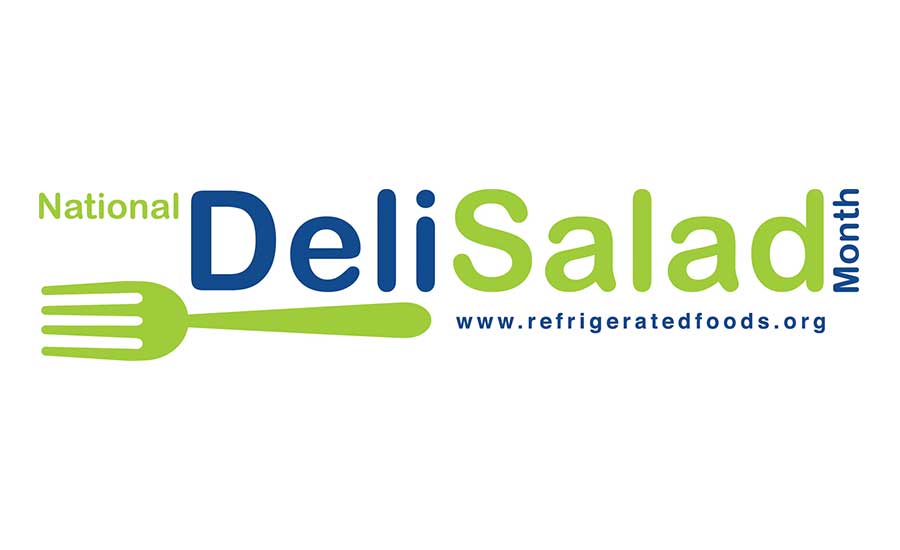Well, 2020 has been a year for the record books and one we are happy to put behind us. December offers a chance for reflection and time to start looking forward to 2021. Certainly the recently released FDA blueprint gives us a roadmap, including FDA’s newly released Proposed Rule for Traceability.
This rule is intended to improve traceability across the food supply chain to make it easier to find and pull potentially harmful products off the shelf to protect consumers, as well as identify the source of a problem more quickly and limit the scope of a recall. It outlines specific points (Critical Tracking Events) along the supply chain where key information (Key Data Elements) needs to be identified and recorded, and tightens the rules regarding how quickly pertinent information needs to be provided to FDA upon request in the event of a public health incident.
It mandates requirements for certain “high risk” foods, and includes a Food Traceability List with foods the FDA has identified as higher risk, including many refrigerated items like cheese,, produce commonly eaten raw (including fresh herbs), seafood items, and deli salads. It also includes record-keeping requirements for foods that use any of those items as ingredients, including those that subsequently undergo a kill step.
The Refrigerated Foods Association (RFA) members were caught off guard when FDA placed ready-to-eat deli salads on the Food Traceability List. Smarter food safety, yes! Deli salads on a bad boy list, really?
Combinations of ready-to-eat ingredients become deli salads. Every item in the salad is deliberately ready-to-eat (RTE). Boiled potatoes to make potato salad, add cooked eggs for flavor and appearance, then add diced celery for texture, plus some spices and mayonnaise. You now have potato salad. All made with ingredients grandma has in her kitchen. So why is potato salad on the FDA list requiring additional traceability records?
While the FDA has been very clear that they are not requiring electronic data collection at the manufacturer level, any manufacturer that still uses pen and paper records for traceability may have a challenging time meeting the requirement to furnish FDA with an electronically sortable spreadsheet including that information within 24 hours.
Deli salad manufacturers know that. They don’t go to bed at night without the ability to identify where salad ingredients come from and to whom the shipped finished salads go. One-up, one back. That is just how the deli salad business runs, every day. But to put their pride and joy, salads made with old family recipes, on a list with suspected bad guys like leafy greens and sprouts? I asked RFA’s Technical Director, Martin Mitchell, for his thoughts.
“After working with RFA for 40 years, I was surprised to see RTE deli salads on the Food Traceability List”, Mitchell says. “Over the years our members took advantage of antimicrobial ingredients, FDA approved ingredients, to add for product safety. In fact our members, with few possible exceptions, are certified under one of the Global Food Safety Initiatives auditing schemes. GFSI approved audit schemes require validation of their food safety programs. That means they must have research data, or peer reviewed procedures that assure food safety. Many members routinely test their deli salads to assure they do not support the growth of Listeria monocytogenes, which is the leading pathogen of concern for this food category.”
The proposal for additional traceability is directionally correct, part of FDA’s blueprint for smarter food safety. No argument there. Everyone agrees that food safety recalls are too numerous, and that too many people get sick from foodborne bugs.
So, yes, the deli food manufacturers will find the way to provide valuable recall information to FDA within 24 hours of a request. It is simply the right thing to do. But the industry, and our association, was just caught off guard when deli salad products made the list.
“We believe RFA members manufacture and sell safe deli salads. But we must also remember not all salad manufacturers are RFA members. I wish they were, so we could share our history of safe salad manufacture with them,” says Mitchell.

Food Safety Culture
Another major focus for food manufacturers in 2021 will be how to best implement and demonstrate a commitment to food safety culture. The FDA has included food safety culture as one of the four major sections of its New Era blueprint to improve food safety over the next decade. That phrase “food safety culture” has become a buzzword and is currently all over the industry. It has also been included in the most recent benchmark standards of the Global Food Safety Initiative (GFSI), so all auditing schemes under their governance are ensuring culture is covered during audits.
Manufacturers are thinking harder about how to ensure they have a strong food safety culture at their facilities, and how to prove it to both regulators and auditors. The challenge of changing a company’s culture is that it is a long, slow, arduous process and takes commitment from the very top. It is not the kind of thing that can be changed overnight with pretty posters and a great speech from management. Behavior has always been one of the most complicated aspects for change management when implementing new systems. It takes daily focus, consistent messaging, and engagement with employees at every level of an organization.
When a strong culture is established, employees will have ownership of the food safety connected to their processes, products, and lines. They’ll be comfortable speaking up and bringing concerns to the attention of management and confident that management will respond with appropriate action. This takes time though, so strategize now to meet 2021 requirements if you haven’t already.
Overall, 2021 promises to be a time of additional change and hopefully an eventual return to normalcy. Good luck to all the members of our industry in the new year!






